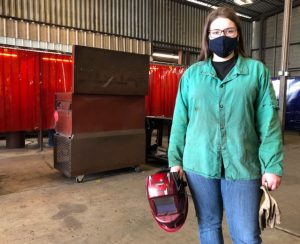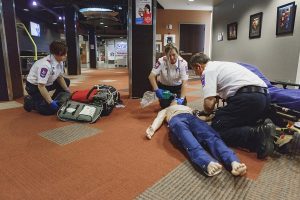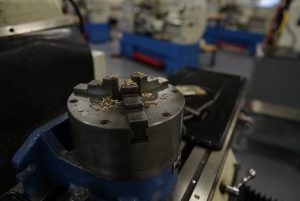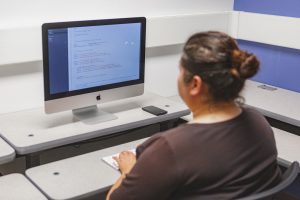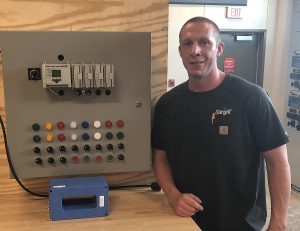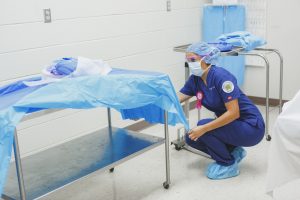(HARLINGEN, Texas) – Texas State Technical College has embraced remote learning, and despite studying off campus, students are still assured the same hands-on guidance that TSTC provides to students studying on campus.
Department chair JJ Vavra discussed the fundamentals of TSTC’s Visual Communication Technology program, its benefits, and what students will learn during their five semesters in the program.
How does Visual Communication Technology differ from Digital Media Design?
Both Digital Media Design and Visual Communication Technology help to train graphic design professionals. Digital Media Design concentrates on multimedia, video and photography in the last three semesters, and Visual Communication Technology concentrates on a very specific realm throughout the entire program: advertising using the print medium.
What can students expect to learn in this program?
The Visual Communication Technology program specializes in training students to become professional graphic designers. Students also learn to work in real-world collaborative groups and scenarios just like working creative professionals.
Will students receive the same support that TSTC is known for?
Of course. TSTC is known for its hands-on learning and mentoring and has adapted to the change in the industry very quickly. Even though our modality is online, our program has created a face-to-face-like environment. Every class has a “live lecture” hour once a week.
What are some characteristics that students should have to succeed in the program?
Creativity, consistency, problem-solving skills, and a desire to constantly learn. Something you may have created last year may not be how you would design it this current year. This process is ever changing, and as long as you are humble enough, you can embrace new ideas from others.
Why do you believe Visual Communication Technology is a great option for students?
The most appealing features of our program are creativity, technology and experience. For those who dream of using their artistic abilities for a living, the program offers many opportunities. Students gain experience from faculty, who are industry experts; with design software as they learn to create logos, layouts and publications for class assignments; as well as with internships. Our online program provides an affordable and accessible path to employment.
To learn more about Visual Communication Technology at TSTC, visit https://www.tstc.edu/programs/VisualCommunicationTechnology.

